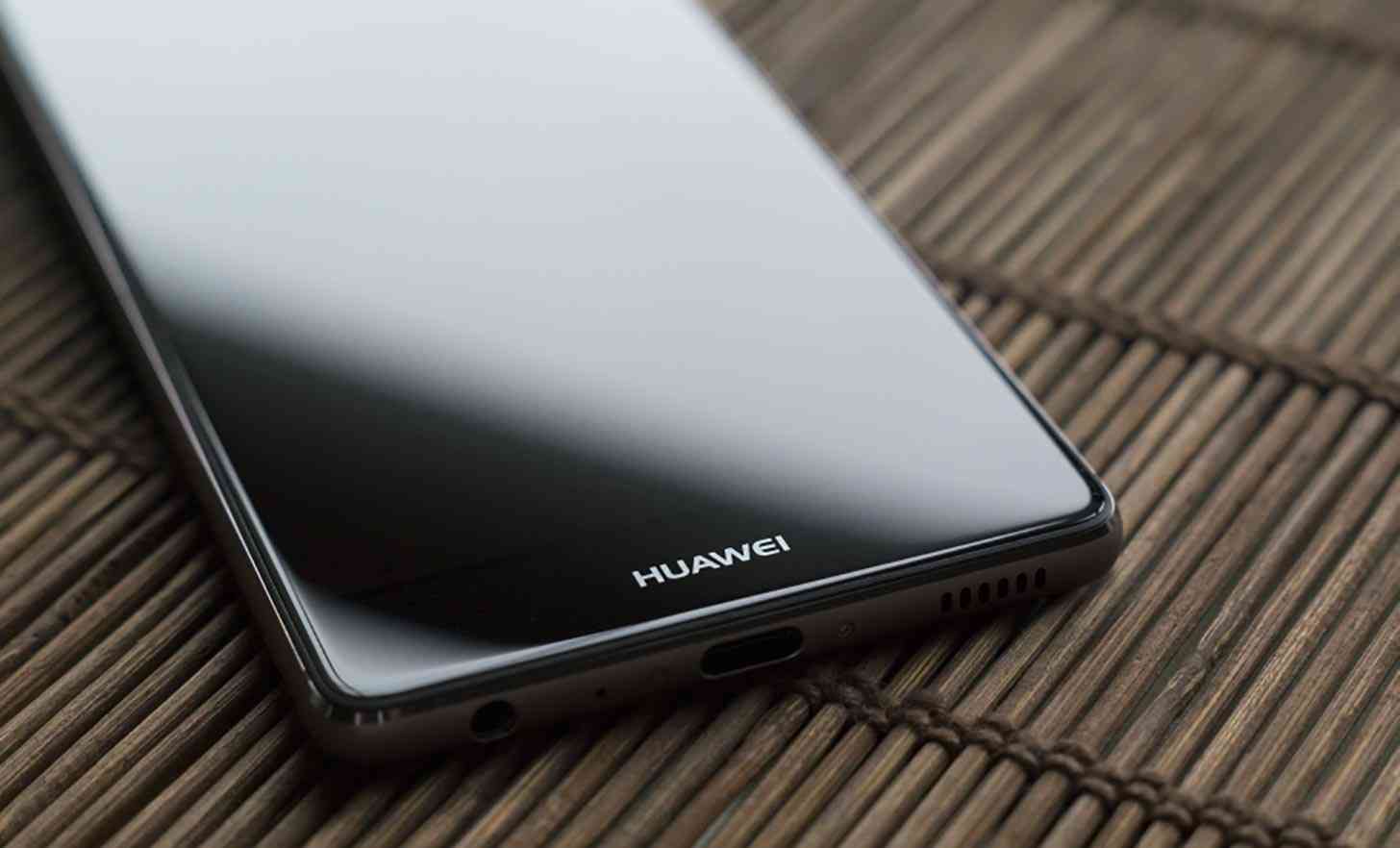
Life has been difficult for Huawei ever since the US placed a ban on the Chinese smartphone maker, but this week it was announced that things are about to get even harder for Huawei.
The US Commerce Department is further restricting Huawei's access to chips produced using US technology and software. The Department of Commerce actually announced restrictions on Huawei's ability to use US tech to design and manufacture its semiconductors back in May, but today the Commerce Department claimed Huawei has used third-parties to get US tech.
"As we have restricted its access to U.S. technology, Huawei and its affiliates have worked through third parties to harness U.S. technology in a manner that undermines U.S. national security and foreign policy interests," said Commerce Secretary Wilbur Ross. "This multi-pronged action demonstrates our continuing commitment to impede Huawei’s ability to do so."
The Department of Commerce has also confirmed that it won't extend a temporary general license that allowed Huawei to continue receiving updates from US companies that it could then push to phones that are already in use by consumers.
Finally, the Commerce Department has added 38 new Huawei affiliates located in 21 countries to its Entity List that bans them from doing business with US companies.
The Department of Commerce says that these affiliates "present a significant risk of acting on Huawei's behalf contrary to the nation security or foreign policy interests of the United States." It added that it believes there is "reasonable cause to believe that Huawei otherwise would seek to use them to evade the restrictions imposted by the Entity List."
The US originally placed its ban on Huawei in May 2019, and President Trump recently extended it through May 2021. Huawei has said that it's running out of processors for its smartphones because of the US ban and that production of its Kirin processors will stop on September 15 because they're made by contractors that rely on US manufacturing tech.


